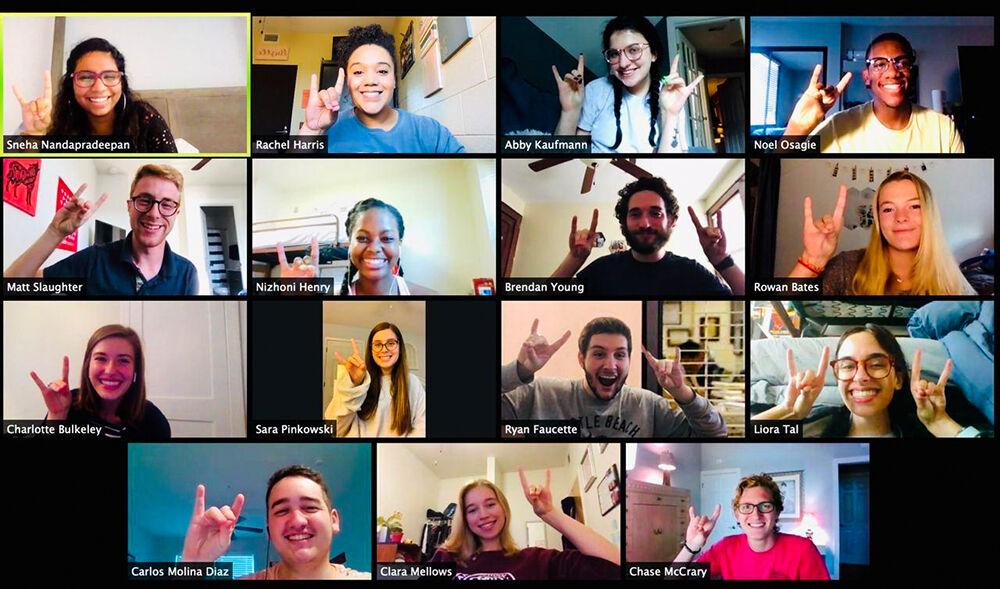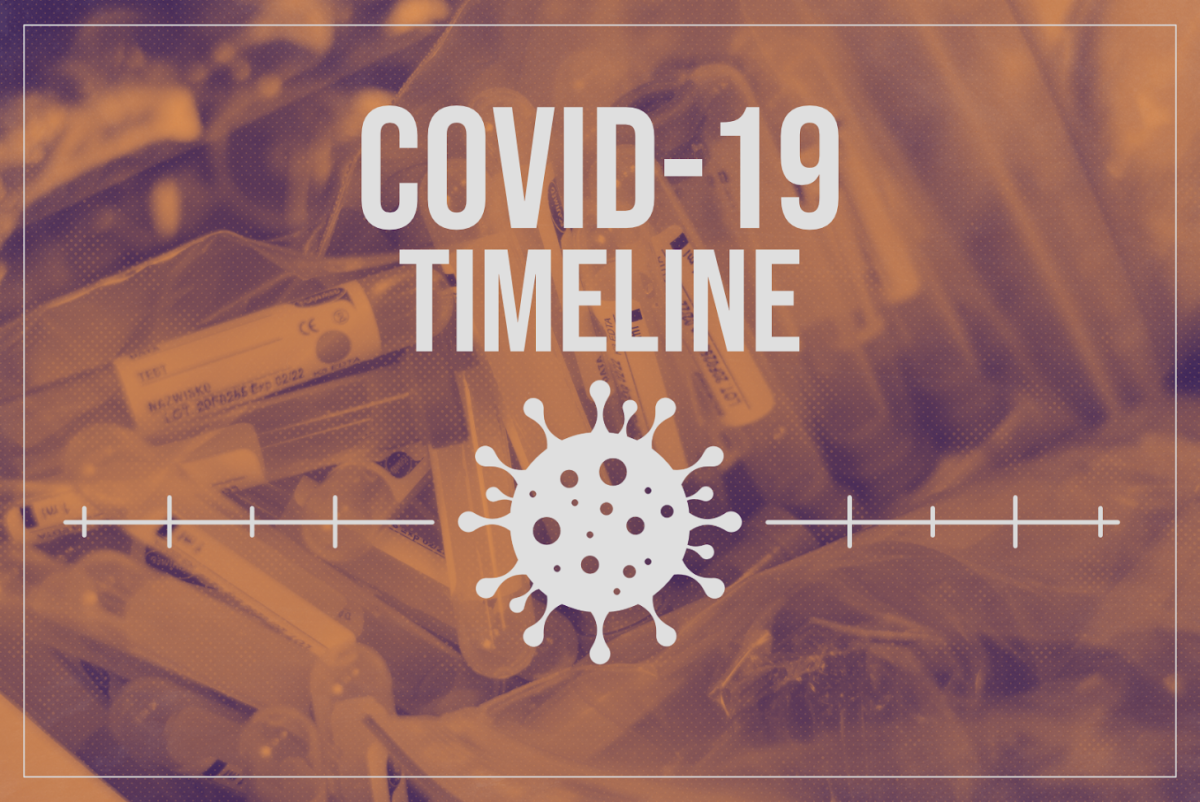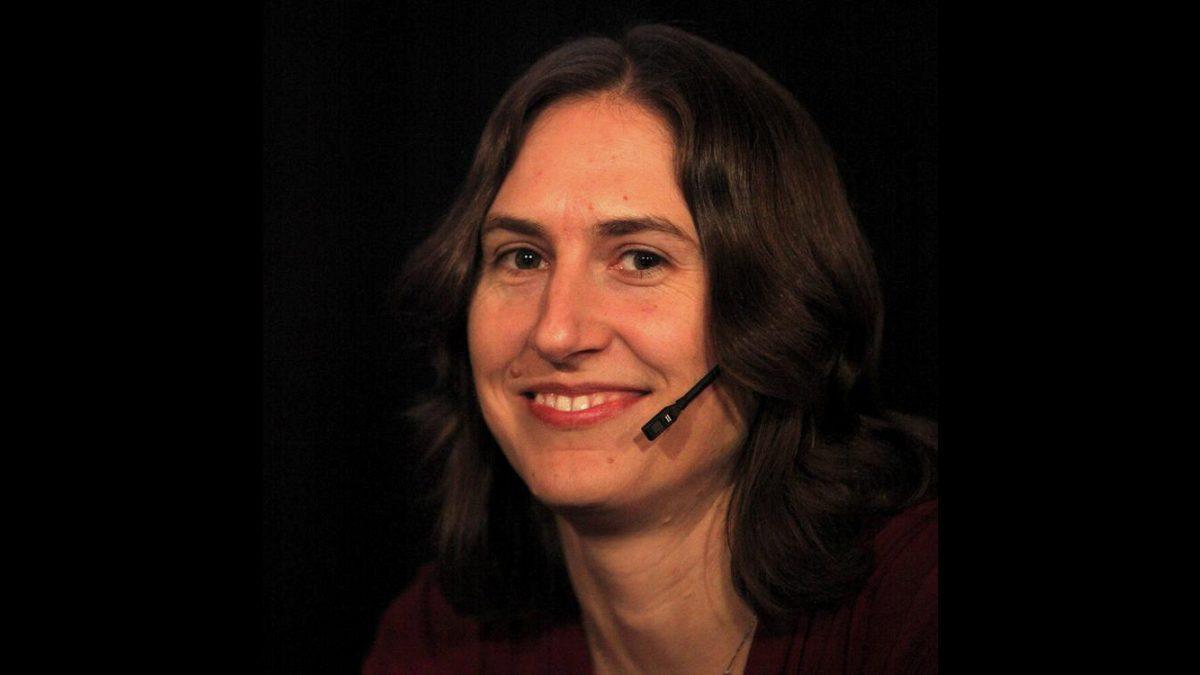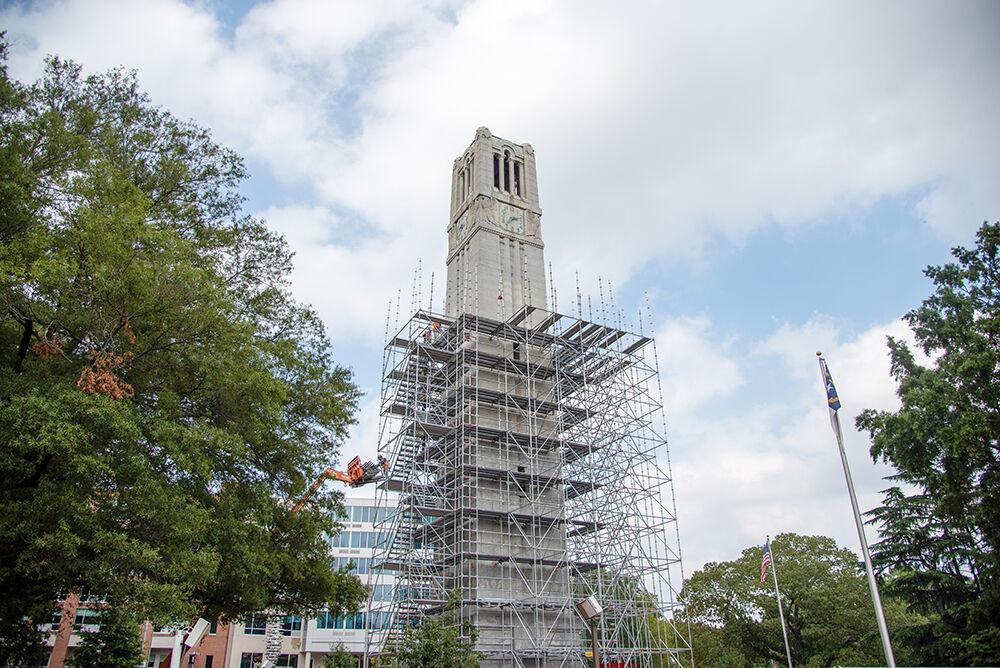It’s like something out of a National Geographic documentary—with a twist. There is the large expanse of the African countryside, so flat and barren you can see for miles around. And there’s a huge cell phone tower in the middle of it all.
Africa is wildly changing and thanks to the African Diaspora Film Festival, students can experience it all from Witherspoon Student Center.
“It’s a global experience, locally on campus,” said Sheila Smith McKoy, director of Africana studies and head of the festival.
The African Diaspora Film Festival is in its ninth year, and this is McKoy’s second year running it. The festival will present films about different parts of African culture from now and into February. These films are screened on Tuesday and Wednesday nights in the Witherspoon Theatre on campus.
The film series culminates on February 16 with a showcase of three different short films by rising African-American filmmakers, each of whom will be present for the event.
“Students will have the opportunity to see films not widely available,” McKoy said.
The films shown will cover a wide range of subject matter, from technology to race relations to political turmoil.
McKoy said she reaches out to members of different African communities here in the Triangle to attend the festival and contribute to the conversations that are started by the viewings.
“If a film centers on a certain culture, we reach out to that community,” McKoy said. “To hear a discussion from people of that culture is almost like an immersion experience without having to leave campus.”
The first film of the festival, called Afro@digital, was shown last Wednesday night. It was about the effect of growing technologies, such as cell phones and Internet, on the African continent.
There was a discussion after the film where students could comment on the ideas presented. Many students voiced concerns about the demand for technology versus the demand for basic necessities, such as clean drinking water.
Several students who attended the showing had just returned from study abroad programs in African countries. Tracey Anderson, a senior in English, just returned from Botswana and said she fell in love with the continent.
“I want to continue learning about [Africa] and seeing what I can see from this side,” Anderson said. “I feel like not enough people care about it.”
Sakinah Omar, a junior in social work, had similar reasons for attending the screening.
“I’m interested in learning more about Africa,” Omar said.
Not all of the films are about the African continent however. The film showing Wednesday, Obama in NC: The Path to History, connects President Barack Obama’s campaign in North Carolina with the state’s racial and political history from the post-Reconstruction era to now.
Cash Michaels, the film’s director, was working for two newspapers, The Carolinian andThe Wilmington Journal, when Obama was running for president. Once the race came to North Carolina after Obama won Iowa, Michaels knew it was a once in a lifetime situation and decided to tell the story through film.
He also said it was important for students to see the film in order to understand the historical context of Obama’s victory.
“If you study history, you can almost predict what is going to happen,” Michaels said.
Michaels also said the film presents history in a way students can understand by tying it to an event they lived through.
“It bridges the gap and allows for cross-generational conversation,” Michaels said.
One of the short films being shown on February 16 also takes place within the United States. Katrina’s Son is about a boy who travels from New Orleans to San Antonio to locate his mother after losing his grandmother in Hurricane Katrina.
Unlike Michaels’ film, this is a work of fiction, but is based on real events. Filmmaker Ya’Ke Smith said he was inspired by the amount of New Orleans residents who came to San Antonio, his hometown, to escape the destruction left by the hurricane. Instead of focusing on the storm itself, Smith decided to focus on the aftermath, particularly on how people are still coping five years later.
“It looks at the storm from the eyes of a child, which is a way we haven’t seen it before,” Smith said.
The filmmakers agreed that the festival is an excellent resource for University students and the rest of the community to come and be exposed to different viewpoints and cultures.
“I think it’s awesome that the school has a festival for rising African-American filmmakers,” Smith said. “There are a lot of festivals that films like mine can’t get into because it doesn’t fit.”
“I was impressed with the variety of depth and subject matter,” Michaels said.
McKoy is pleased with the line-up this year and hopes students will come and join the conversation.
“It gives mature students the opportunity to discuss things that affect our daily lives,” McKoy said. “Africa continues to be a part of our global lives.”







